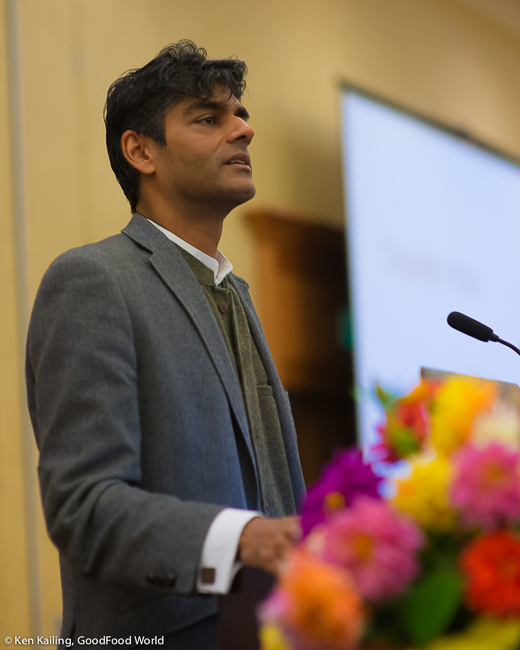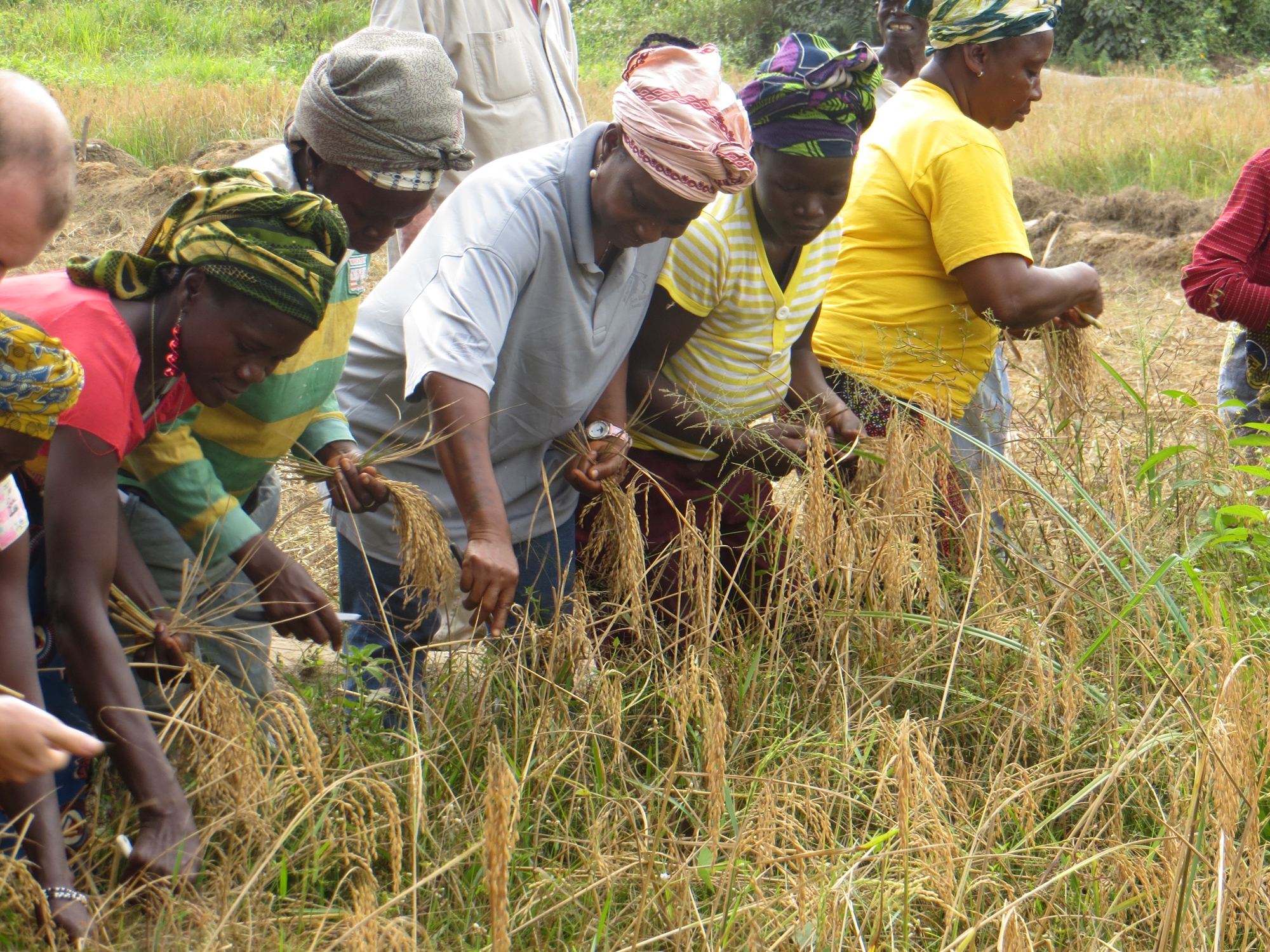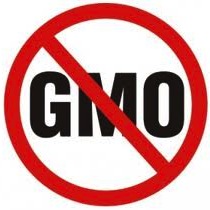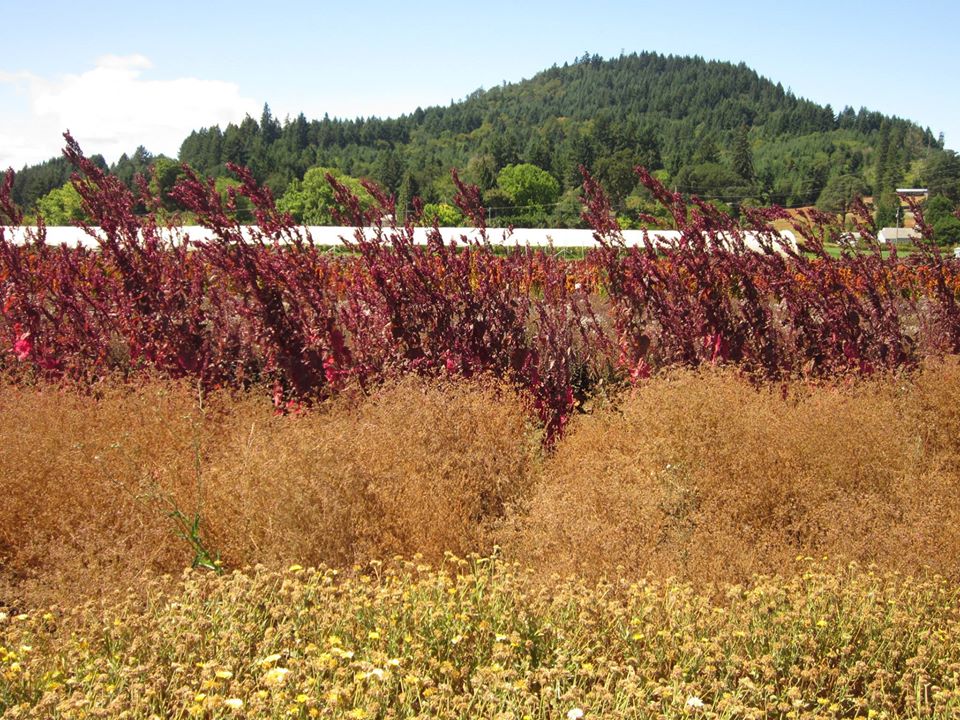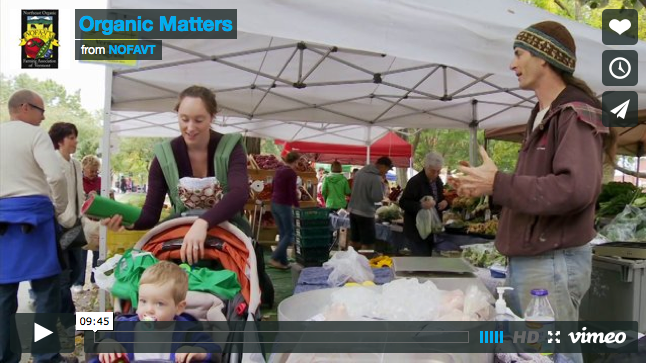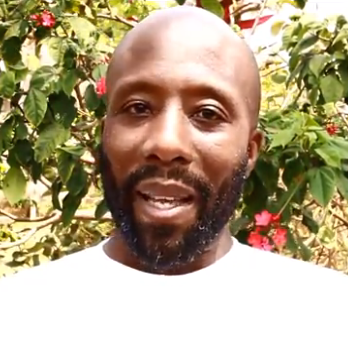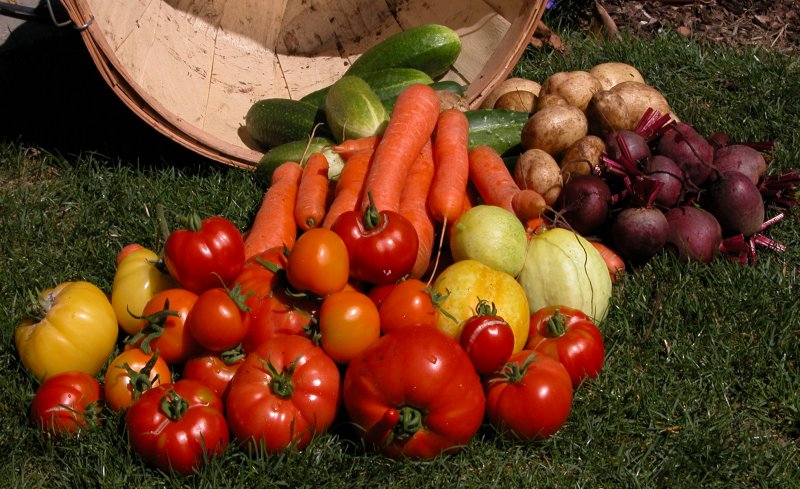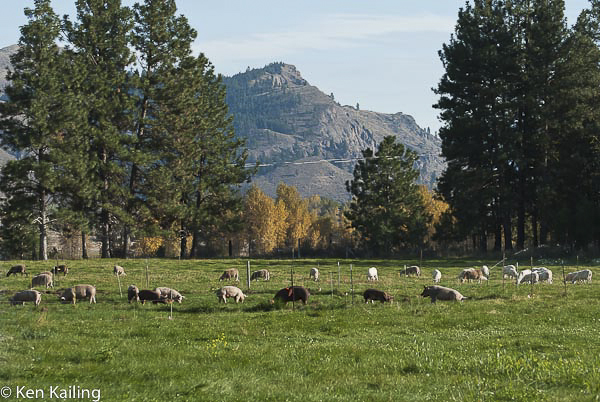T-40: Forty Years of Tilth
At this year’s Tilth Producers of Washington conference, now referred to as T-40, a few attendees of the first conference – older, wiser, and grayer – mingled with younger farmers (some not yet born when Berry spoke in 1974 at “T-1”) to share ideas, advice, and plans for the future.

